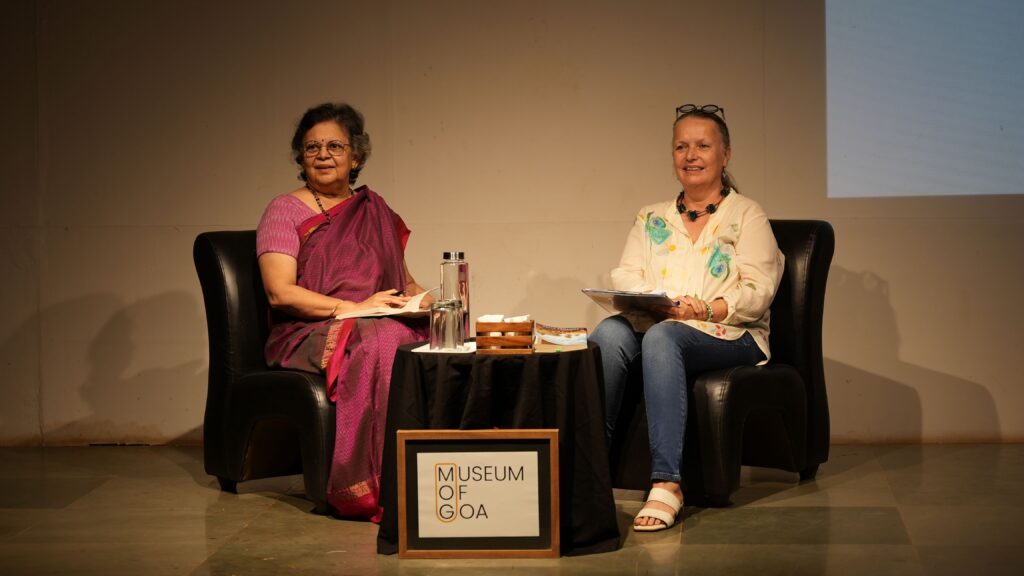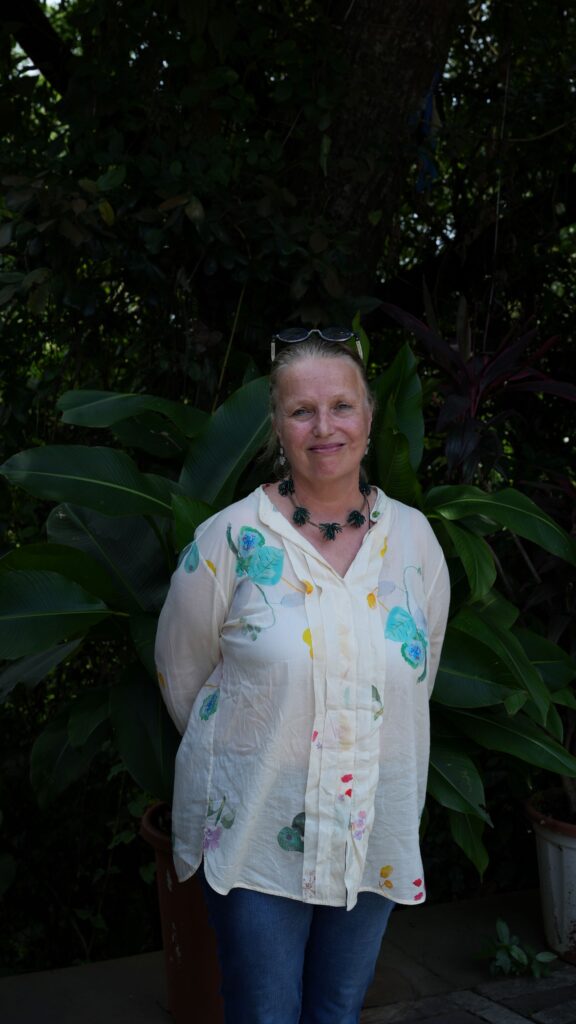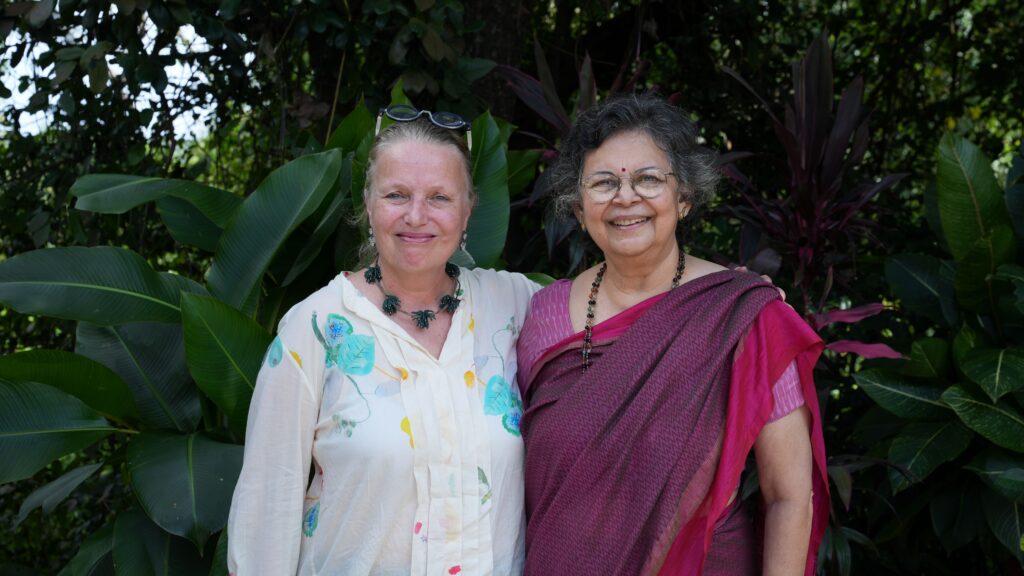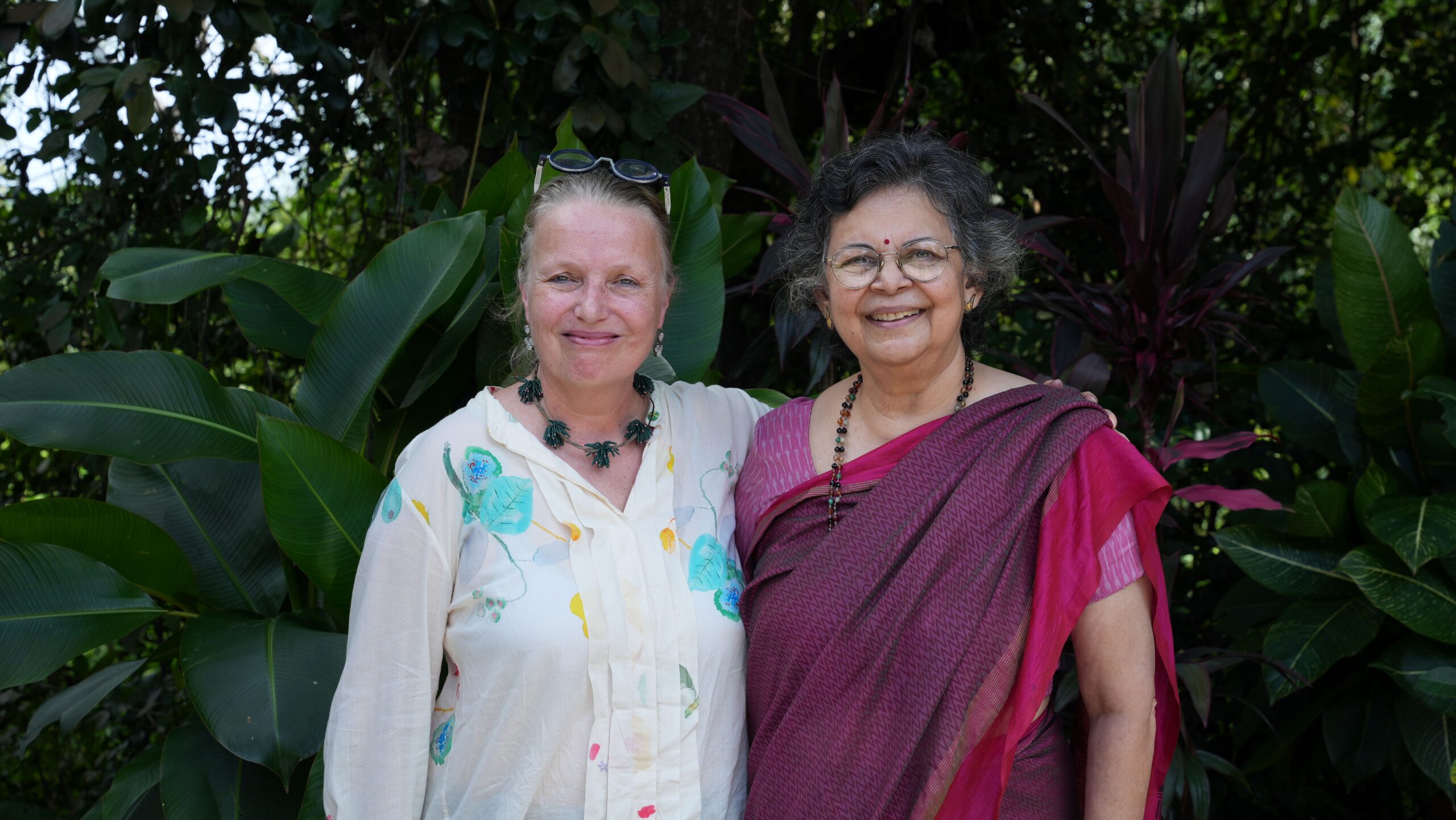
~ Cultural fabric of Goan villages disrupted by large construction projects.
~ Movements like ‘Save Mollem’ are encouraging signs showing how the community can unite for a noble cause, Kakar said.
An ‘invasion’ of an affluent population, who have the liberty to party at night and spend their mornings in tranquillity in a luxurious lifestyle is not sustainable for Goa, according to Loutolim-based writer and anthropologist Katharina Poggendorf-Kakar, who maintains that the transformation of the Goan land and social scape was evident in the post-pandemic era, which has seen a bigger social influx and a rise in investments in Goa.
“That fantasy of living in a space that gives you the freedom to (not only) party at night, but to (also) have your morning coffee to birdsong and an evening walk at the beach… that’s the most luxurious lifestyle one can think of. It’s just not sustainable, if we have an invasion of so many people not being conscious about how their imprint is changing the environmental and ecological balance,” Kakar said.
Kakar, who delivered her talk, ‘Goa: A Journey of Rediscovery,’ at the Museum of Goa (MOG) in Pilerne, also said the cultural fabric of Goan villages has been disrupted by huge construction projects, injecting insecurity among local communities.
“People are not really truly interested in living a simple lifestyle, but rather to have it all, to have nature, but also to recreate their urban, modern lifestyles,” she said.
Katharina Kakar also discussed her experiences with author Sheela Jaywant, focusing on the German-born anthropologist’s novel Moving to Goa, which offers an outsider’s perspective on Goa and Goans.

Jaywant, in the course of the interview, noted that while there are lush regions in south Maharashtra and Kerala with lower living costs, many continue to choose Goa over them, because of the luxury and premium associated with living in Goa and the urban amenities on offer.
“That is also an urban view. You get certain things here (in Goa) that you will not get in villages in the Himalayas,” Kakar said, responding to Jaywant’s observation.
Katharina Kakar herself moved to South Goa’s Benaulim village 21 years back, with her late husband, world renowned psychoanalyst Sudhir Kakar, and was mesmerised by all that Goa had to offer. Not any more, she admits.
“My worst fantasies kind of came true of a serene Goa, where small villages had a cultural fabric that was pretty much intact. It is now being disrupted by huge construction projects, especially post-COVID,” stated Kakar.

According to Kakar, this influx of people settling in Goa is changing the very social fabric of this state. Kakar points out, “I fell in love with this state when I first came here because of the hospitality I was offered by the locals. Now, for example, the Delhites come here and build huge walls around their houses, changing the very warm and homely atmosphere of Goan villages.”
She emphasised the need for dialogue and respect towards local cultures, advocating for initiatives that can sustain Goa’s beauty and ecology. Kakar drew inspiration from ‘Save Mollem,’ a movement to save the forests of the Mollem region in South Goa, which united diverse groups, suggesting that such collaborative efforts could inspire future initiatives.
“Listening to each other is essential,” Kakar concluded.


